 Back in 2009, King’s College London took the then courageous step to begin an Undergraduate Summer School. It was a leap in the dark and we started from nothing. At the time, the expectation was, quite unsurprisingly, that this was mainly going to be a programme for the North American market to suit their study abroad needs. In that first year our most important course was Shakespeare in London. Much has changed since then.
Back in 2009, King’s College London took the then courageous step to begin an Undergraduate Summer School. It was a leap in the dark and we started from nothing. At the time, the expectation was, quite unsurprisingly, that this was mainly going to be a programme for the North American market to suit their study abroad needs. In that first year our most important course was Shakespeare in London. Much has changed since then.
Shakespeare in London reflected what our summer school students were meant to be: a mainly western audience who would welcome an opportunity to visit Shakespeare’s home country; a quintessentially English hero of their own culture too. Since that summer in 2009, many hundreds of students have joined us, from places where Shakespeare is known, but also where he isn’t an integral part of the national reading culture.
We have watched the programme evolve along with our roles as international officers charged with enabling the experience. Today the King’s Undergraduate Summer School facilitates the learning of students from over 90 nations and forms a strong part of our university’s international office. We still welcome students from North America to enjoy Shakespeare, but with them come new students from China, which is now our second largest cohort.
Expanding the curriculum
Over time, we have grown to appreciate and develop the potential of a summer school, which is a most refreshing format in which to teach. We took academic quality extremely seriously when we created our programmes, and are now rewarded with a vehicle that both draws on and influences standard-format teaching for degree programmes. This is a far cry from one of the original concerns that summer teaching would disrupt or be lower grade to mainstream teaching in some way.
From offering undergraduate classes in London, we have expanded to offering a large programme in a major BRICS country, India, and diversified into high school-level courses and public engagement markets. We continue to create programmes that allow for a wide range of audiences to partake in education through short courses over the summer, whatever their individual circumstances.
Partnerships
We always keep in mind that working and thinking internationally in London does not necessarily mean working abroad. Thirty-seven percent of Londoners were born abroad, and London is such a busy and accessible travel hub, it seems as though everyone is heading or returning from somewhere.
One of our long-term partners on Summer Programmes is the city’s magnificent Museum of London. Partnering with the Museum of London was compelling for us in more ways than one. We found that a number of our students came from countries or areas in the world, where museums were in short supply or museum didactics very different. The Museum of London, with its commitment to pedagogy, was open to innovative collaboration; an element that our Summer School alumni praise highly after they have taken our course Curating the City.
Breaking boundaries
I recently bumped into one of our summer tutors in a coffee shop. She asked me whether, now that it was winter, I was busy doing another job. Like degree programming in the wider university, the summer is a year-round job to keep our modules and our content current. At King’s – which has an admirable breadth of research focusing on global issues – our team works with research colleagues all year to design summer programmes that give access to pioneering research that is destined to have a truly global impact on communities, wherever they are located in the world.
Students quite rightly don’t just want to learn about a British perspective when they come here; they are increasingly and fundamentally interested in having courses which address problems that matter to their home countries, and discuss questions that affect their and others’ lives. Our Global Health and Social Medicine course team is an example of this; indeed perhaps no subject exemplifies better how communities worldwide can and must benefit from university research.
Democratising study abroad
Summer Schools have become a useful tool for internationalisation, allowing for shorter term experiences abroad as well as with our partners in all corners of the globe. Summer schools enable more students to go abroad, to step (at least for a short time) into the shoes of their counterparts in another country. Often accused of being only available to those who can afford it (something that remains a challenge due to the element of relocation), they have also become one of the tools that has democratised study abroad.
Not every international experience is the result of choice, or can be lightly termed ‘enriching’. Western Europe is affected by profound refugee movements in our global region. At King’s, we have been collaborating very closely with the United Nations Higher Commissioner for Refugees (UNHCR) for a number of years. UNHCR make unique contributions to our summer teaching, and together we recently have inaugurated the new Summer-at-King’s scholarships for refugees. Summer schools are a space to re-imagine yourself and can help make this re-imagination a reality; something that we are very proud to support.
Shakespeare in Mumbai
Attending a summer school is a very personal choice and that is why summer schools cannot just be about Shakespeare in London anymore. They should also be about Shakespeare in India, in the US, and in Taiwan. They should be about current issues in health care, ancient languages, and about devising technology for a better future for the poorest communities.
We are always appraising how we should diversify the portfolio to best inform and represent the global citizens our programmes attract. Our programmes are based both in London and abroad. When they are based here, our students are invited to be fully present in the moment while also acknowledging that the London cosmos is only one stop en route to their next goal in life.
Alexander is Senior Tutor Summer Programmes at King’s College London, UK.
This post was originally featured on the European Association for International Education Blog.


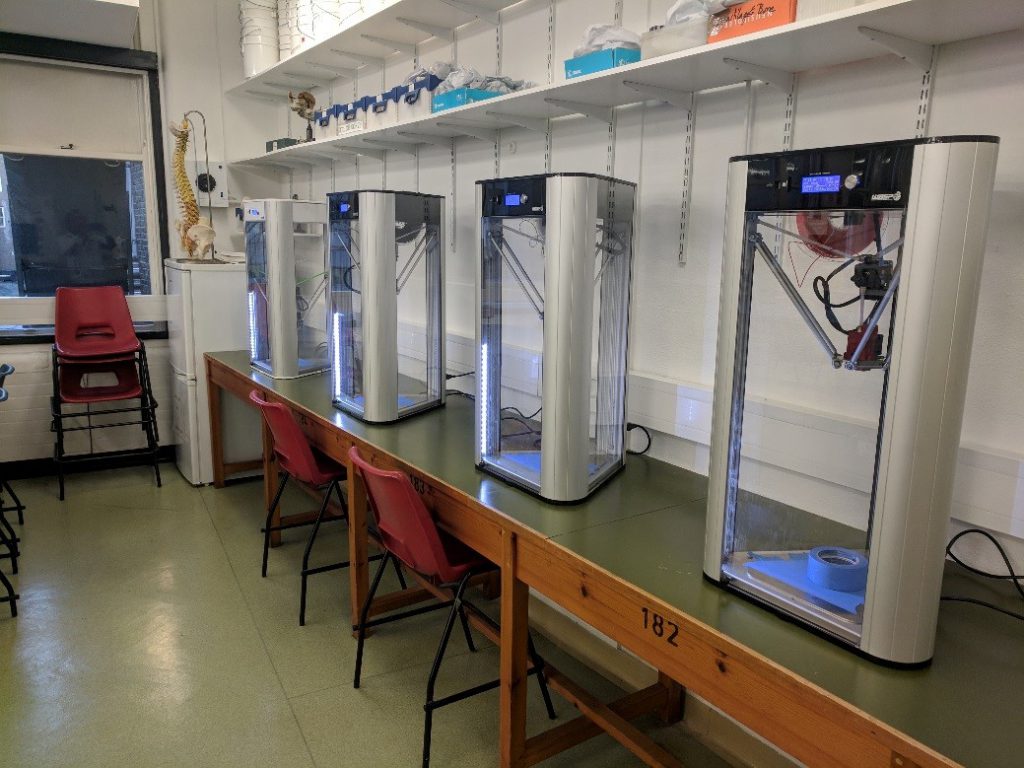
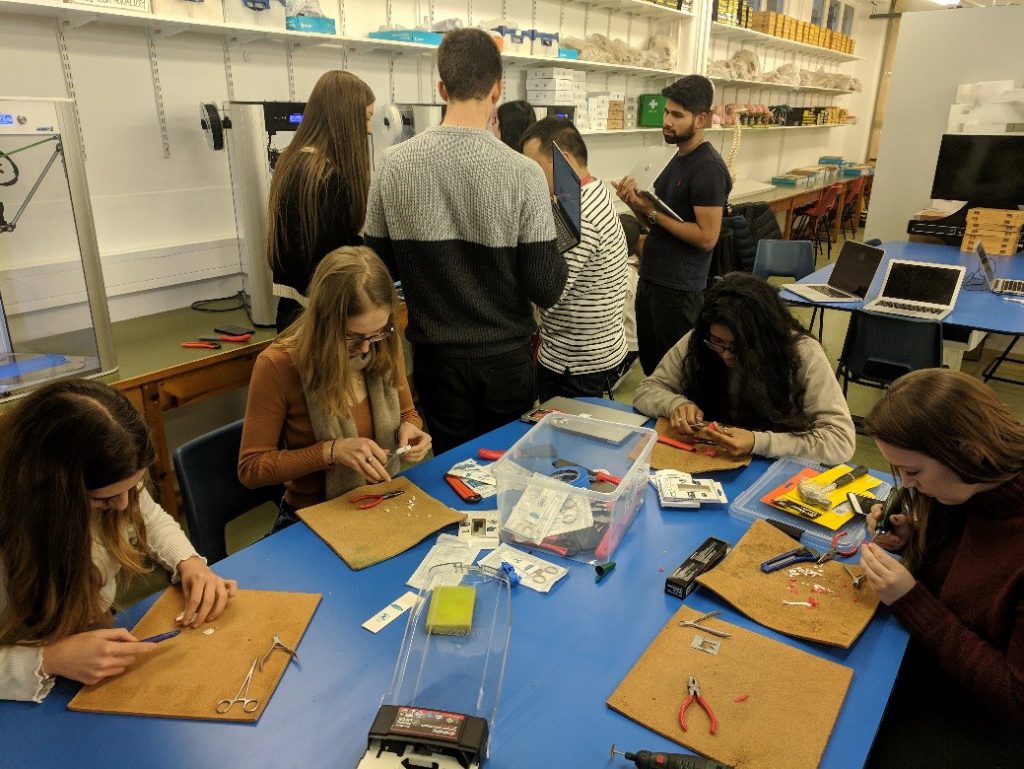
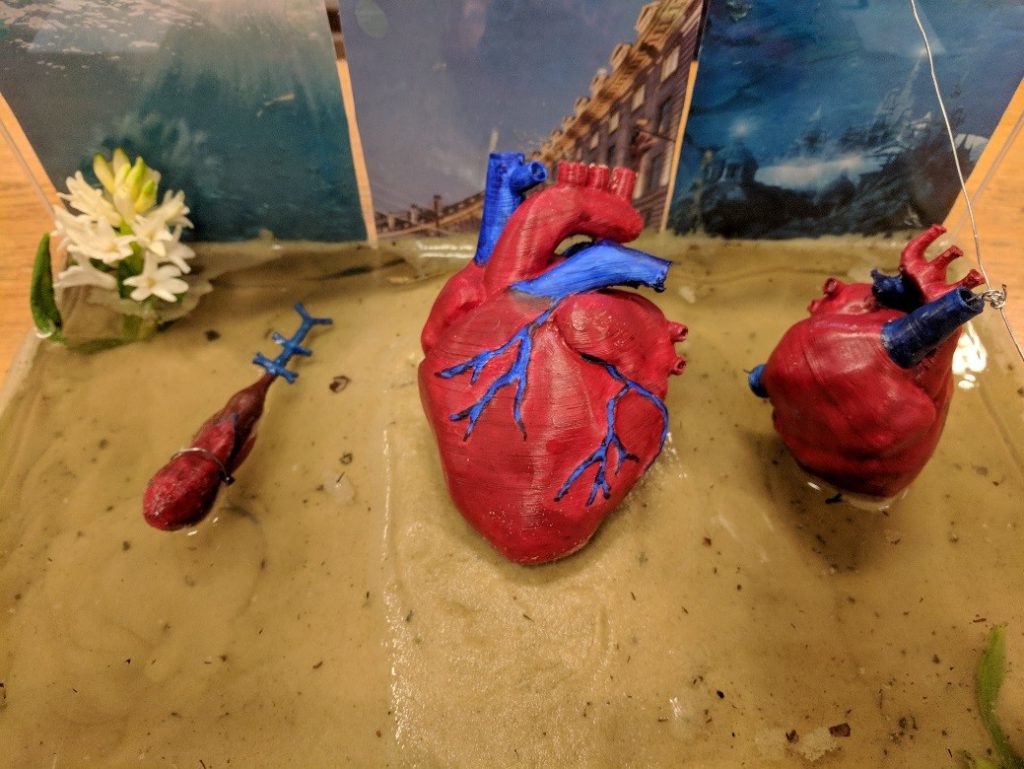


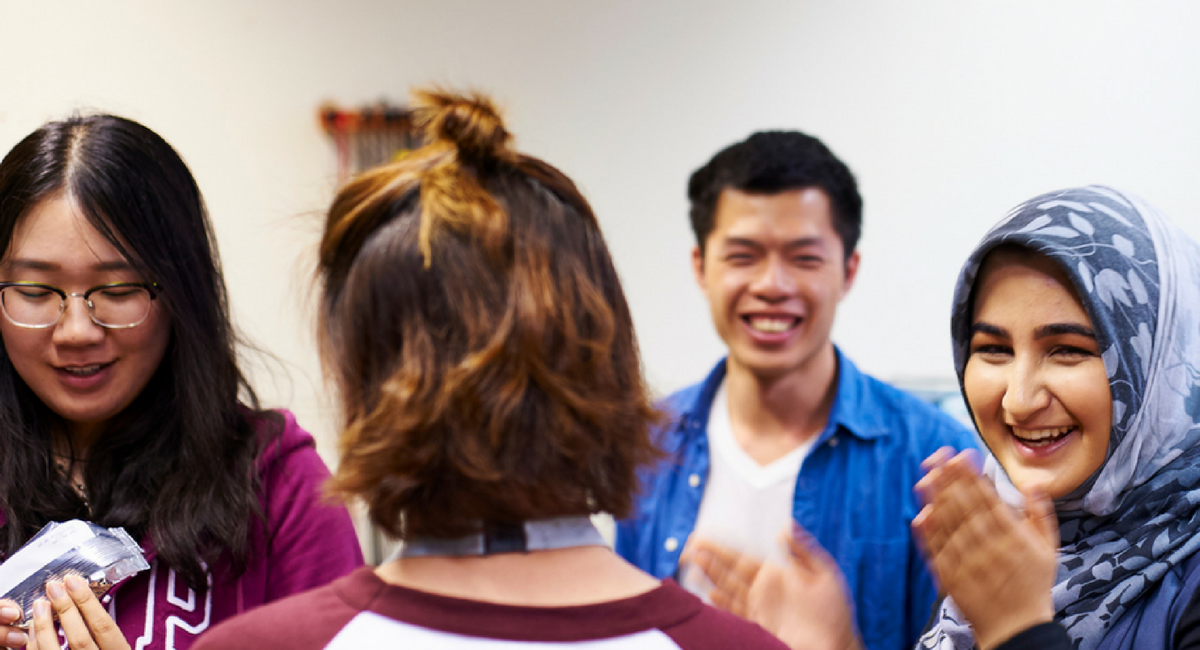



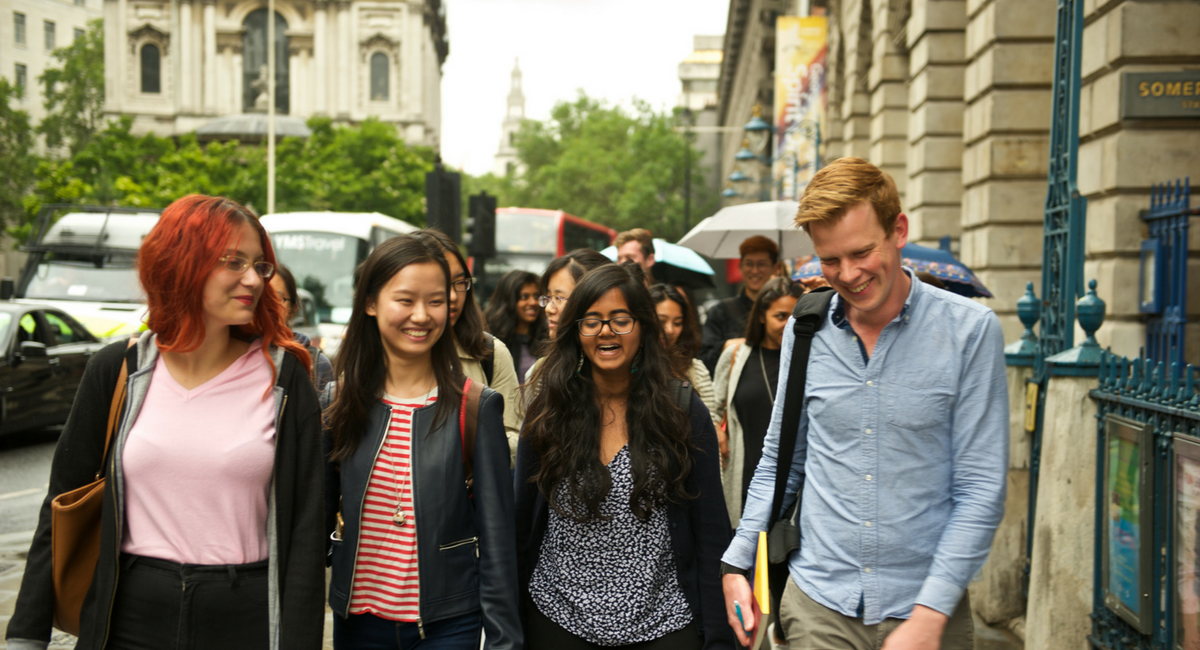
 Back in 2009, King’s College London took the then courageous step to begin an Undergraduate Summer School. It was a leap in the dark and we started from nothing. At the time, the expectation was, quite unsurprisingly, that this was mainly going to be a programme for the North American market to suit their study abroad needs. In that first year our most important course was Shakespeare in London. Much has changed since then.
Back in 2009, King’s College London took the then courageous step to begin an Undergraduate Summer School. It was a leap in the dark and we started from nothing. At the time, the expectation was, quite unsurprisingly, that this was mainly going to be a programme for the North American market to suit their study abroad needs. In that first year our most important course was Shakespeare in London. Much has changed since then.

 At the same time, the Finnish study found that there two project teams sometimes felt pressured by having to meet the expectations of the client and tackle a real-world problem [that they may see as intractable]. It is here where support from the instructor/advisor is key providing context, encouragement and helping the students focus on achievable goals and maintaining a good working relationship with the client.
At the same time, the Finnish study found that there two project teams sometimes felt pressured by having to meet the expectations of the client and tackle a real-world problem [that they may see as intractable]. It is here where support from the instructor/advisor is key providing context, encouragement and helping the students focus on achievable goals and maintaining a good working relationship with the client.